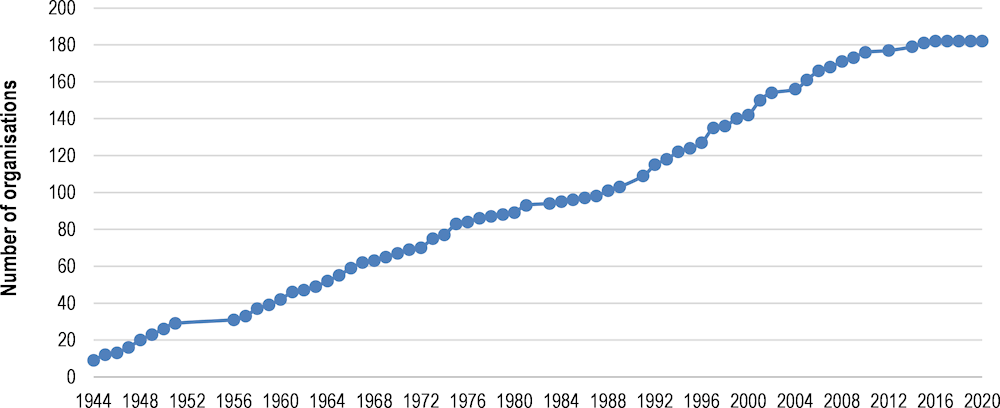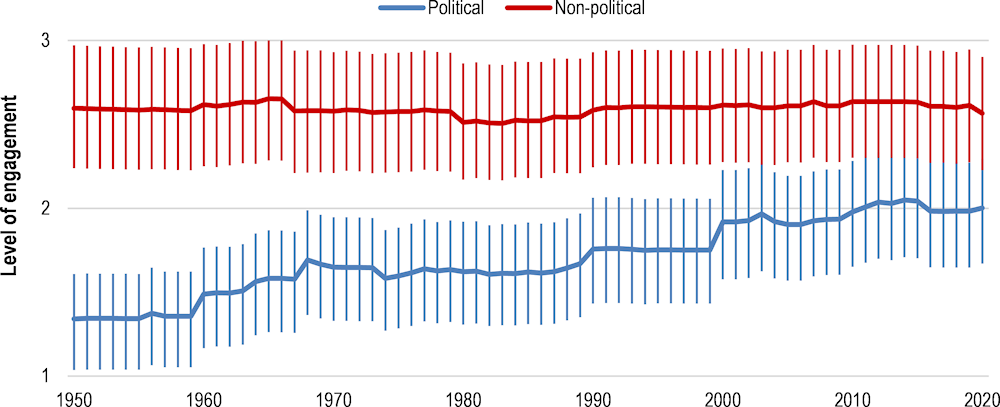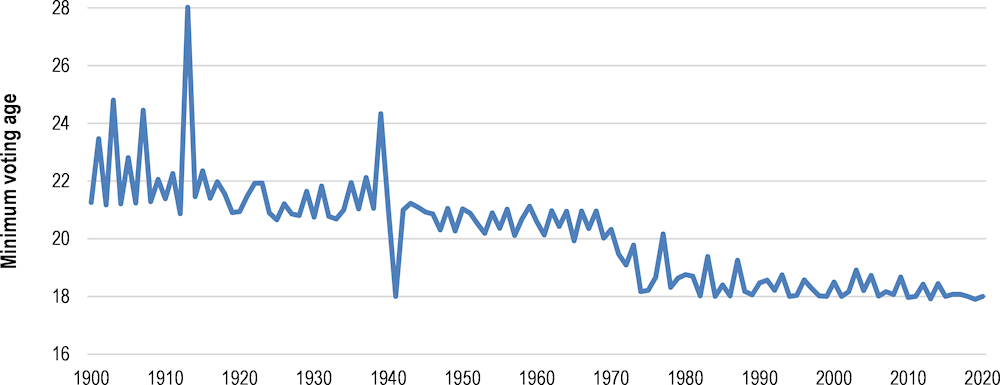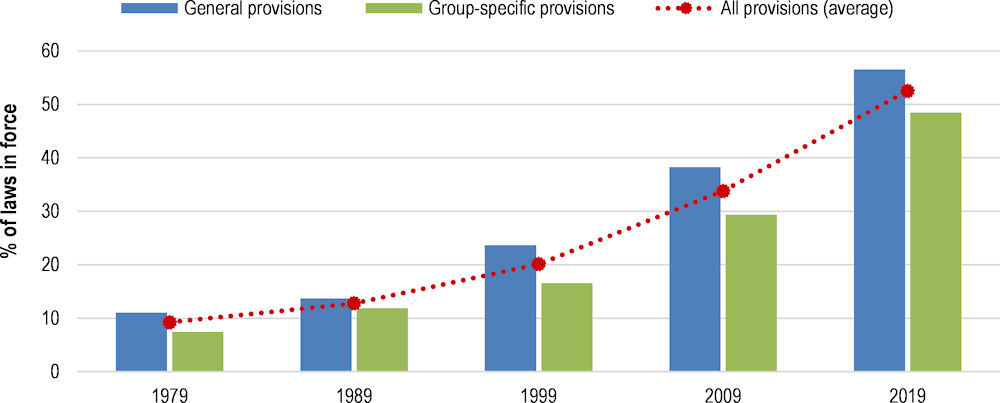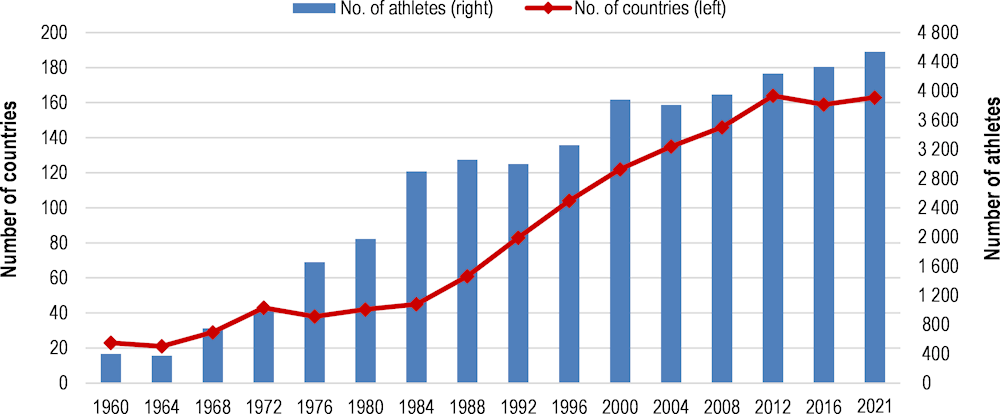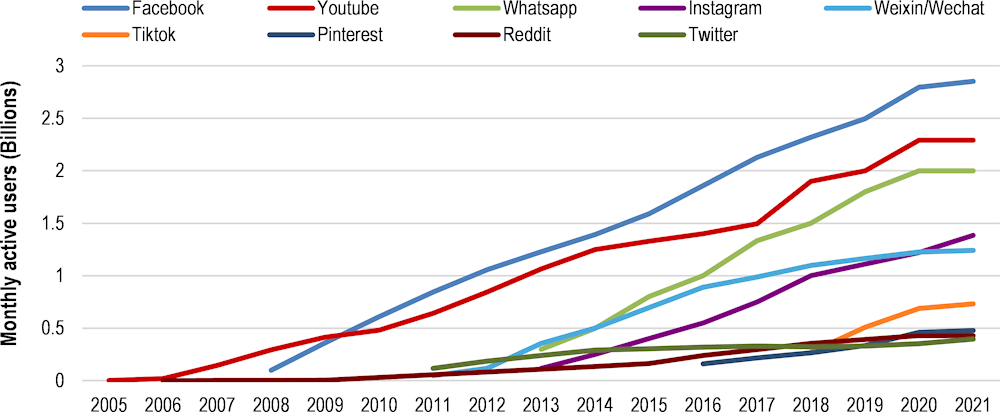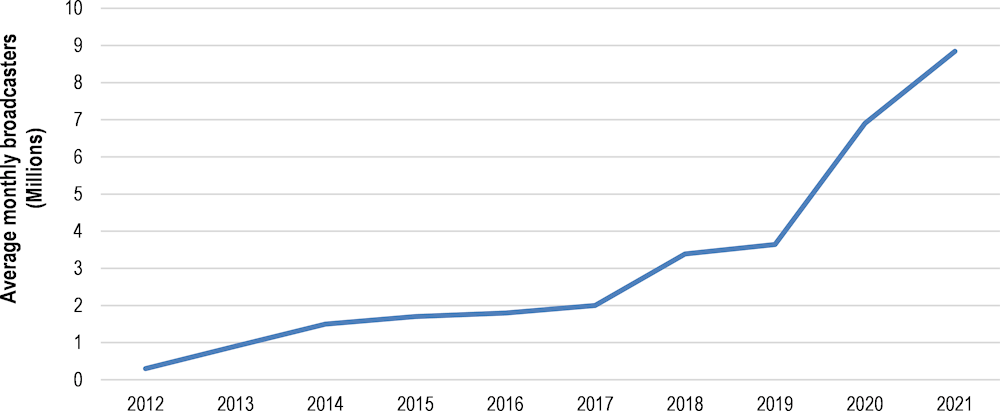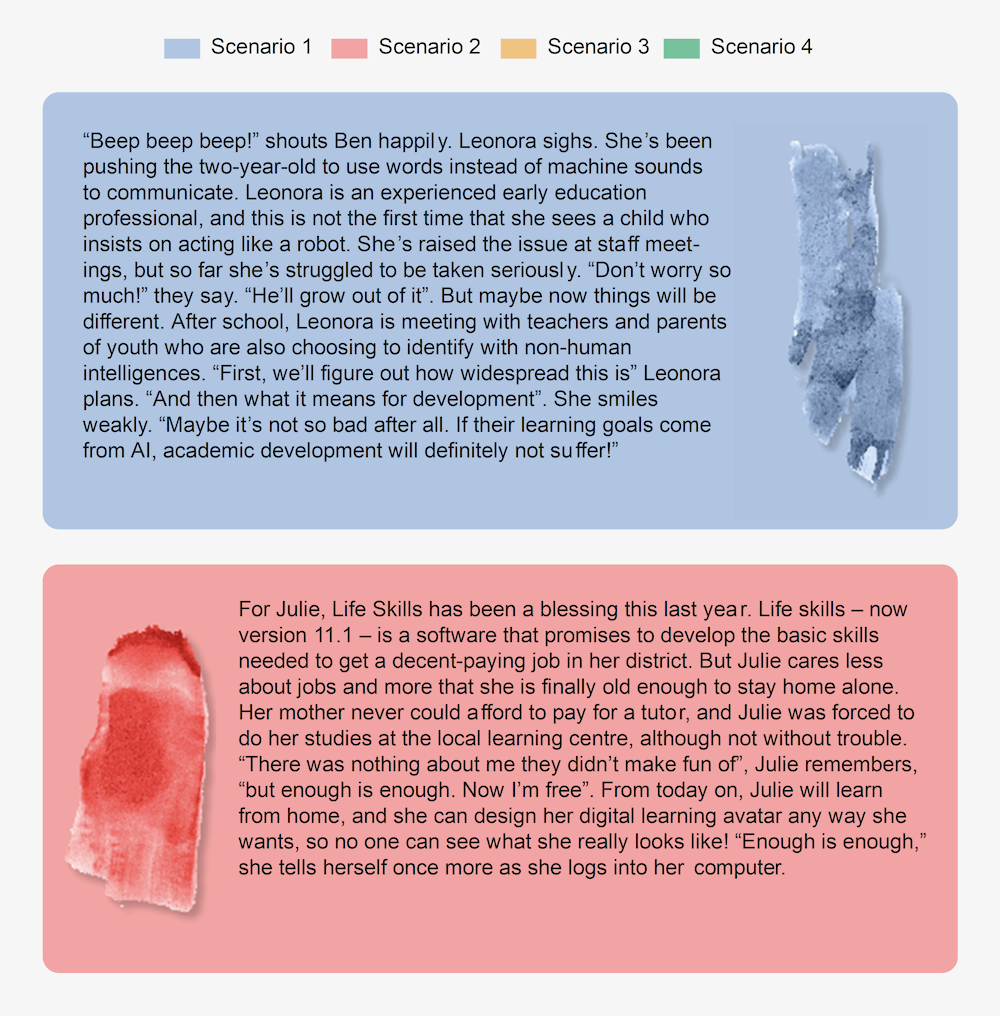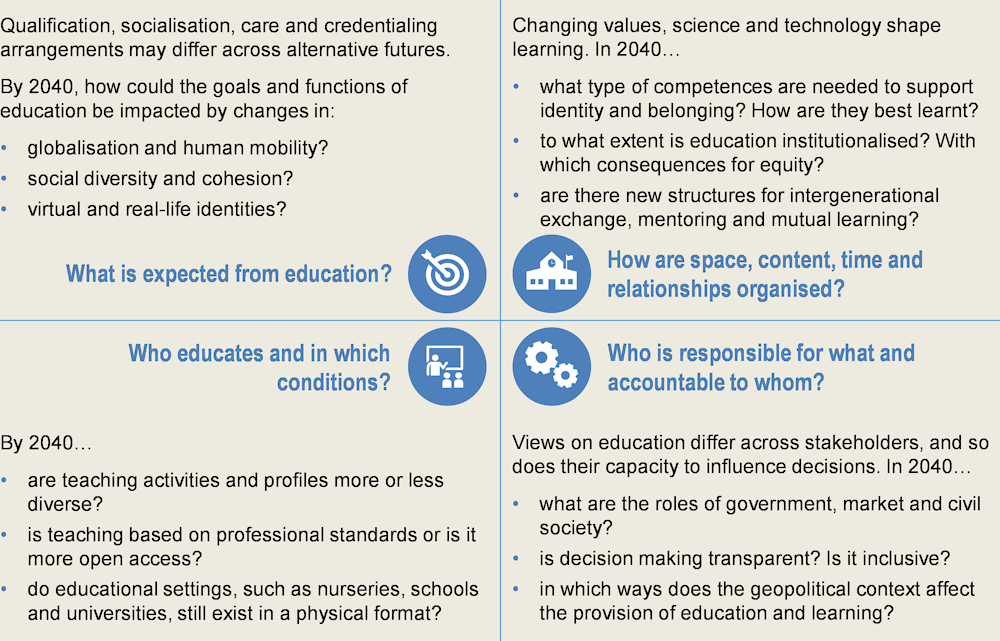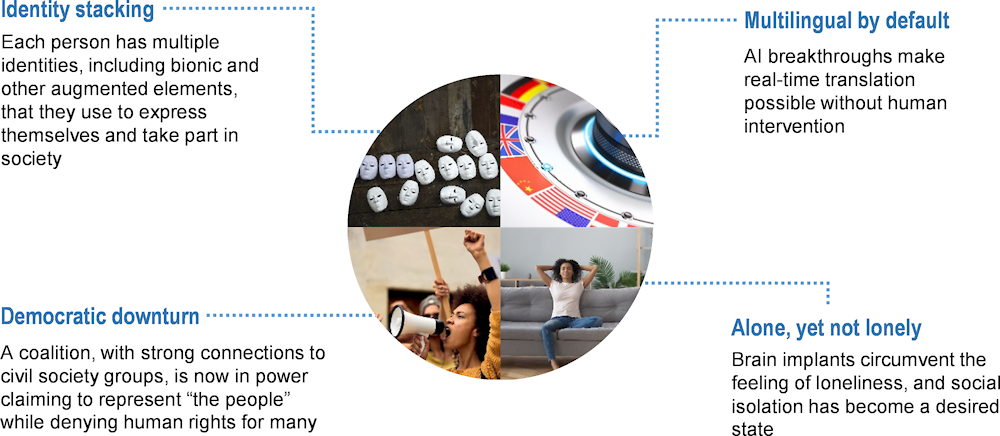Traditionally central to society, religion is becoming less essential for many OECD citizens. Since the early 1990s, the number of individuals who identify religion as important in their life has declined 6% on average across the OECD. This average masks large differences. Religiosity grew 14% in Greece and 8-11% in Estonia, Latvia, Poland and the Slovak Republic, but these gains pale compared to decreases of 18% or more in Chile, Ireland, Switzerland and the United States. The biggest decline over the time period, 27%, was seen in Canada.
However, a huge range of religiosity exists across countries: in Turkey and Colombia, 80% or more continue to identify religion as important, compared to 14% in Japan. These cultural shifts come largely from increased mobility of people and ideas, the spread of information and communication technologies, and rises in individualistic values. Inherited social practices and beliefs are nowadays more open to debate, interpretation and personal choice.
Social and other institutions are also weakening in other areas. For example, trade union density within the OECD decreased from 39% to 16% between 1978-2019. The overall decline, however, obscures substantial differences. In 2019, union density ranged from almost 91% in Iceland to 6% in Estonia.
Nordic countries have maintained trade union densities of 60% or more, while other countries, such as Chile, Germany, Japan, Turkey and the United States, always had lower density levels and now lies at 17% or less.
In post-industrial societies, identity is less fixed to professional affiliations like unions or employers or even to particular professions. Individual freedom and choice are increasingly central paradigms, and the identities learners build influence how they relate to themselves and others, affecting their learning, well-being and future aspirations. Education institutions and professionals have a role in supporting learners grow into healthy, responsible and caring persons and peers.






